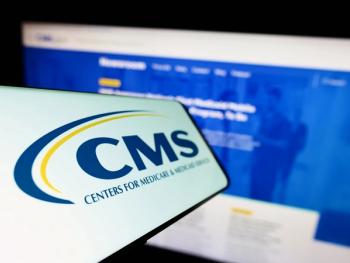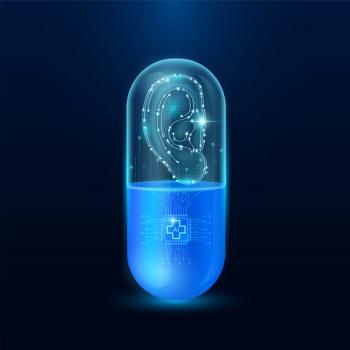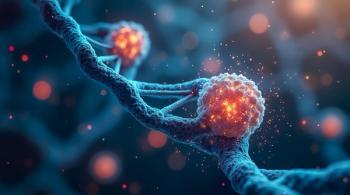
Clinical Trial Begins of Gene Therapy for Parkinson-Like Disease
A new gene therapy administered directly to the brain aims to preserve dopamine neurotransmission in patients with multiple system atrophy.
The first patient has been randomized at the Ohio State University Wexner Medical Center for a clinical of a new gene therapy for patients with multiple system atrophy-parkinsonian type (MSA-P).
Multiple system atrophy leads to progressive loss of nerve cells in the brain and spinal cord and affects an estimated 100,000 to 500,000 people worldwide. It affects automatic processes such as breathing, digestion, heart rate, movement, and blood pressure. Patients with parkinsonian type disease have symptoms similar to Parkinson’s disease, including muscle stiffness, falls and tremors.
“In those with MSA-P, the loss of dopamine producing neurons leads to markedly disabling symptoms, such as profound motor impairment throughout the hands, legs, and trunk. Previous experience with a similar approach in a population of Parkinson’s disease patients has been very encouraging and supported the consideration of this approach in MSA-P. The intent is for GDNF levels in the brain to help preserve dopamine neurotransmission, which is noticeably reduced in MSA-P,” Nicolas M. Phielipp, M.D., associate professor, neurology, School of Medicine, University of California Irvine and principal investigator, said in a
AskBio’s AB-1005 gene therapy that encodes for glial cell line-derived neurotrophic factor (GDNF), which is believed to be involved in diseases such as Parkinson’s and multiple system atrophy. One study of post-mortem tissue found there to be 76% less GDNF and 96% less dopamine in those with multiple system atrophy than in healthy samples.
The therapy uses adeno-associated viral vector, which delivers the gene to the cells. It will be administered to the putamen, the outer part of the nucleus of the brain. The putamen is involved in motor control and cognitive functioning. “In this way, we’re targeting local brain cells and adjacent brain tissue that can benefit from the protein’s growth properties. This trial marks the first step toward understanding the potential that GDNF gene therapy might have for patients with MSA-P,” Phielipp said.
The phase 1 REGENERATE MSA-101 clinical trial will enroll up to nine patients aged 35 to 75 years with a clinical diagnosis of MSA-P. Patients will be randomized on the day of surgery to receive either the gene therapy or a control surgery
AB-1005 is also currently being investigated for the treatment of mild to moderate Parkinson’s disease with the enrollment of the phase 1b study having now been completed. It was developed by Asklepios BioPharmaceutical (AskBio), which is a subsidiary of Bayer.
Newsletter
Get the latest industry news, event updates, and more from Managed healthcare Executive.























